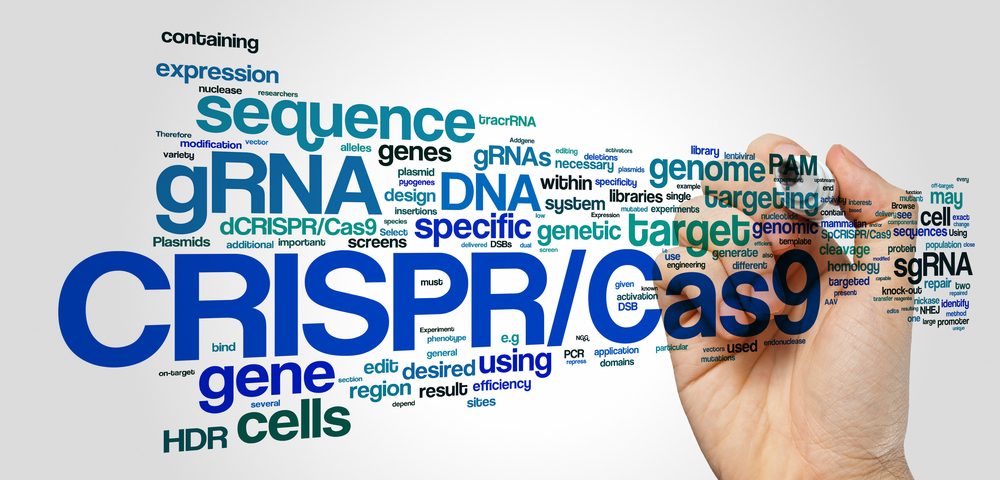Researchers at CRISPR Therapeutics and Massachusetts General Hospital Cancer Center have joined forces to develop T-cell-based cancer immunotherapies using the CRISPR/Cas9 gene editing system.
CRISPR/Cas9 allows researchers to alter or silence genes in a very precise manner. The partners’ work will involve attempts to improve immunotherapies being developed for both solid tumors and blood cancers.
The agreement includes a two-year research collaboration and an option for CRISPR Therapeutics to license any T-cell-based therapies the partners develop.
“We have already seen the profound benefit that T-cell therapies can have for certain patients with a specific set of tumor types,” Dr. Marcela V. Maus, director of the cancer center’s cellular immunotherapy program, said in a press release. “Now the potential with gene editing, and specifically CRISPR/Cas9, exists to create improved versions of these cells that may work for a wider variety of patients with a more diverse set of tumor types.
“I’m glad to see the commitment CRISPR Therapeutics is making to this area, and am excited to collaborate with them,” added Maus, who is also an assistant professor of medicine at Harvard Medical School. She will be leading the partners’ research effort.
Dr. Jon Terrett joined CRISPR Therapeutics in February 2017 to head the company’s quest to bring CRISPR-based immunotherapies to patients.
“It is becoming increasingly clear that CRISPR/Cas9 can play a major role in enabling the next generation of T-cell therapies in oncology [cancer],” said Terrett, head of CRISPR Therapeutics’ immuno-oncology research and translation program. “By combining our gene editing capabilities with Dr. Maus’ pioneering expertise in T-cell therapy, we hope to accelerate our progress toward making these therapies a reality for patients suffering from cancer.”
CRISPR is collaborating with MaSTherCell to develop CAR T-cell therapies from donated cells. This includes cells for CRISPR’s lead therapy CTX101, which targets tumors with the CD19 protein on their surface.
The work with Massachusetts General Hospital is aimed at broadening cancer immunotherapies to cover a wider variety of tumors and molecular targets.
CRISPR is also collaborating with Bayer and Vertex Pharmaceuticals to develop CRISPR-based treatments for other diseases.


